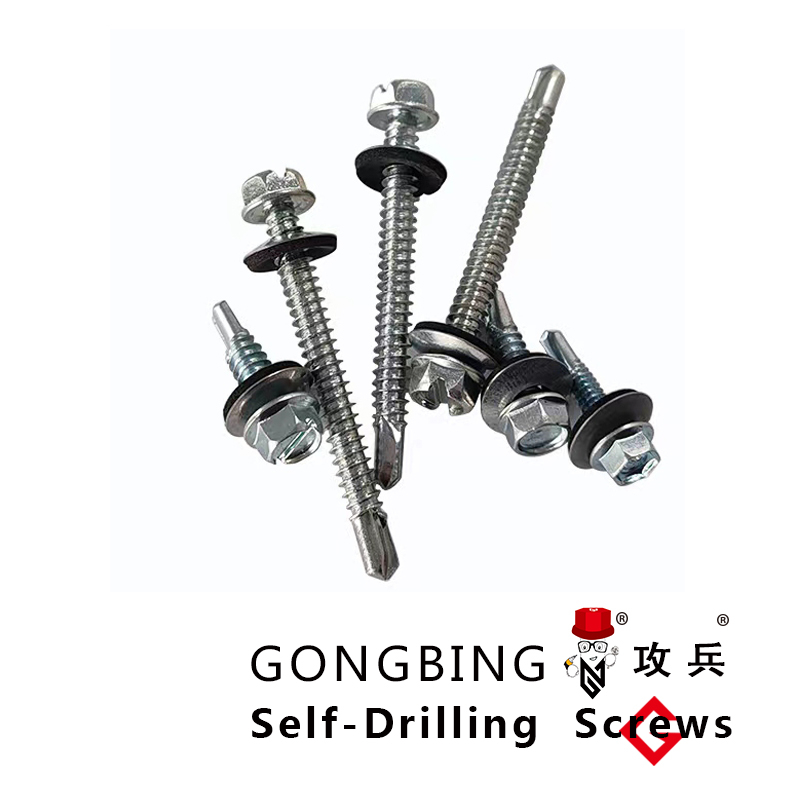Effective Methods for Installing Resin Fixed Anchor Bolts in Construction Projects
The Importance of Resin Fix Anchor Bolts in Modern Construction
In the ever-evolving field of construction and engineering, securing structures is paramount for ensuring safety and longevity. One of the critical components in anchoring systems are resin fix anchor bolts, which have gained popularity due to their superior performance and versatility.
Understanding Resin Fix Anchor Bolts
Resin fix anchor bolts are specialized types of fasteners designed to securely attach construction elements to concrete and masonry bases. They consist of a metal bolt and a surrounding resin mixture that cures and hardens, creating a strong bond between the bolt and the substrate. This technology is particularly advantageous in environments where traditional mechanical anchors may fail due to factors like vibration, seismic activity, or dynamic loads.
The resin used in these bolts is typically a two-component mixture that cures when mixed together. When the bolt is inserted into a pre-drilled hole filled with resin, it expands as it cures, creating a tight grip on the surrounding material. This process results in an anchoring system that can withstand significant stresses and loads, making it ideal for critical applications in both residential and commercial constructions.
Advantages of Resin Fix Anchor Bolts
1. High Load Capacity One of the primary benefits of resin fix anchor bolts is their ability to support heavy loads. The chemical bonding created between the resin and the substrate significantly enhances the load-bearing characteristics of the anchor.
2. Corrosion Resistance Unlike traditional metal anchors, resin fix anchor bolts are less susceptible to corrosion. This is particularly beneficial in environments exposed to moisture or chemicals, making them suitable for outdoor applications, industrial facilities, and marine environments.
resin fix anchor bolts

3. Versatility Resin fix anchor bolts can be adapted for a variety of materials, including concrete, brick, and stone. This adaptability makes them ideal for different construction scenarios, from new builds to renovations.
4. Installation Efficiency The installation process for resin fix anchor bolts is straightforward. They often require fewer tools and less effort compared to traditional anchoring methods. This not only reduces labor costs but also shortens project timelines.
5. Noise and Vibration Absorption The resin material helps to absorb vibrations and reduce noise, making these anchors ideal for applications in environments sensitive to sound, such as hospitals or residential areas.
Applications of Resin Fix Anchor Bolts
Resin fix anchor bolts are widely used across various sectors. In the construction of high-rise buildings, they are employed to secure structural elements such as steel beams and columns. In industrial settings, they are used to mount heavy machinery to provide stability and prevent displacement. Within the realm of civil engineering, resin fix anchor bolts can be utilized for bridge construction and repairs, where strong, reliable anchorage is crucial.
Conclusion
In summary, resin fix anchor bolts represent a significant advancement in anchoring technology. Their high load capacity, corrosion resistance, versatility, and ease of installation make them an essential component in modern construction projects. As safety and reliability continue to be paramount in building practices, the adoption of resin fix anchor bolts will likely grow, solidifying their place as a cornerstone of structural integrity in the years to come. Embracing these innovative fastening solutions is key to fostering advancements in the construction industry, paving the way for safer, more resilient structures.
-
Weatherproof Plastic Expansion Anchors for OutdoorNewsJun.06,2025
-
Sustainability in the Supply Chain: Eco-Friendly TEK Screws ProductionNewsJun.06,2025
-
Load-Bearing Capacity of External Insulation FixingsNewsJun.06,2025
-
Double Head Bolts: Enhancing Efficiency in Industrial MachineryNewsJun.06,2025
-
Corrosion Resistance in Chipboard Screws: Coatings for Wholesale DurabilityNewsJun.06,2025
-
Butterfly Toggle Bolts : Enhancing Structural ResilienceNewsJun.06,2025
